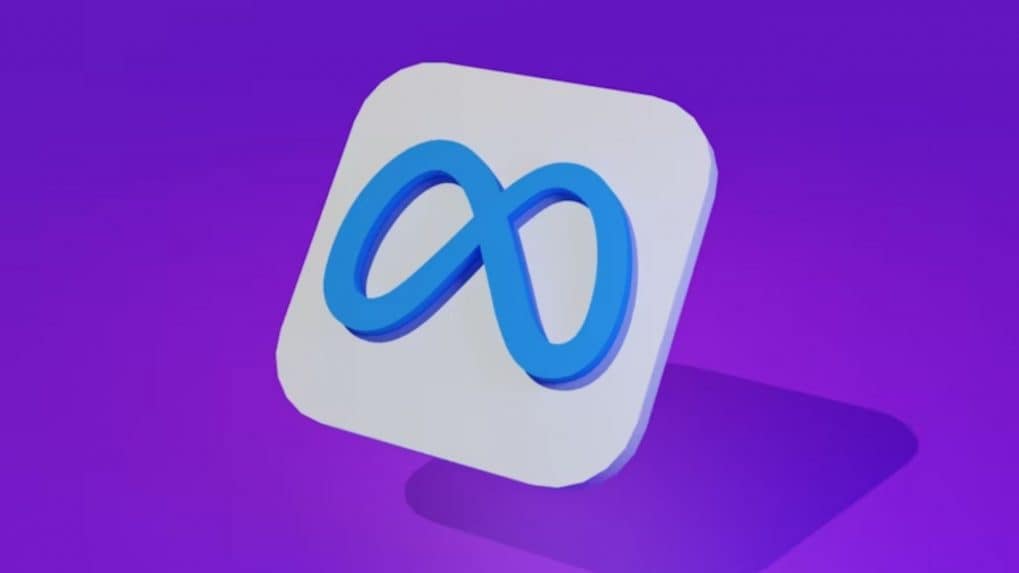Advertising
From Pink Slips to Silent Sidelining: Inside adland’s layoff and anxiety crisis

Meta has dismissed allegations that it used pirated adult films to train its artificial intelligence models, calling the claims baseless and unsupported. The company’s response comes after adult film studio Strike 3 Holdings filed a lawsuit accusing Meta of illegally downloading thousands of its films through BitTorrent from corporate IP addresses.
As per reports, according to the lawsuit, Strike 3 alleged that Meta downloaded at least 2,396 of its “award-winning” adult films to train its Meta Movie Gen and LLaMA models, along with other AI systems that rely on video training content. The studio argued that the downloads were part of Meta’s broader AI training efforts.
Meta, however, asked the U.S. District Court to dismiss the suit, asserting that Strike 3 had not presented any factual evidence to support its claims. The company said there was “no indication whatsoever” that any of its AI models had been trained using adult images or videos, describing the claims as speculative and misleading.
Meta further argued that Strike 3’s complaint was based on conjecture, with Meta explaining that the studio had pieced together a narrative using assumptions rather than verifiable facts. Meta also pointed out that Strike 3 is known for filing thousands of copyright infringement lawsuits and has been referred to by some as a “copyright troll” that pursues extortionate legal actions.
Meta suggested that any downloads of adult content linked to its network may have been made by employees, contractors, or visitors for personal use, rather than as part of any official AI training process. The company added that its AI terms of service expressly prohibit users from generating or attempting to generate adult content or pornography, making the premise of the lawsuit inherently flawed.
Addressing Strike 3’s claim that Meta should have monitored its corporate network more closely, the company said such a measure would be “extraordinarily complex and invasive” given the scale of its global operations.
The case is the latest in a series of lawsuits against major AI companies over the use of publicly available or copyrighted data in training artificial intelligence systems.
From purpose-driven work and narrative-rich brand films to AI-enabled ideas and creator-led collaborations, the awards reflect the full spectrum of modern creativity.
Read MoreLooking ahead to the close of 2025 and into 2026, Sorrell sees technology platforms as the clear winners. He described them as “nation states in their own right”, with market capitalisations that exceed the GDPs of many countries.